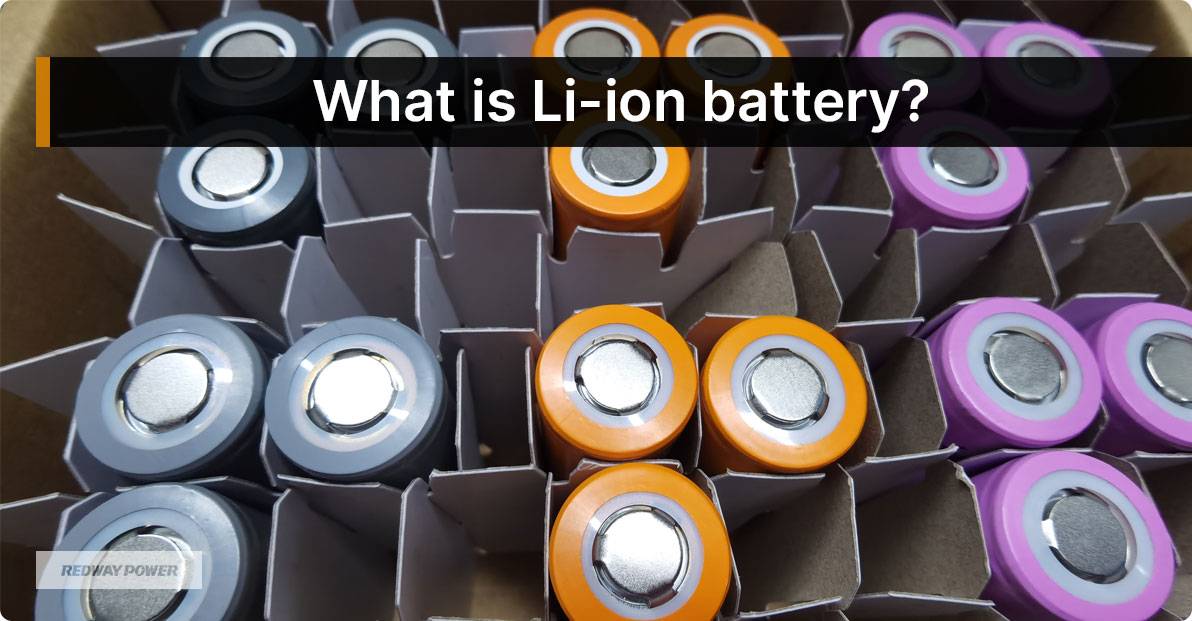
Li-ion batteries offer high energy density and longer lifespan, ideal for power-hungry devices like smartphones. Ni-MH batteries, more affordable and recyclable, suit low-drain gadgets like remotes. Safety varies; both require proper handling. Choose based on needs and safety precautions. Discover the Li-ion battery, a popular rechargeable power source for gadgets. Li-ion batteries use lithium ions to store energy compactly, making them perfect for smartphones and laptops. They hold charges longer, with minimal self-discharge rates, ensuring reliability. Their lightweight design makes them a top choice for modern devices.
Li-ion batteries are rechargeable power sources prevalent in smartphones and laptops. Their lithium-ion technology allows for high energy density, enabling compact designs. With longer shelf life and minimal self-discharge rates, they offer reliability for everyday use. Popular for their efficiency, Li-ion batteries power various electronics, from portable devices to electric vehicles, driving technological advancements. They outshine other battery types due to their compactness and ability to retain charge over time. In essence, Li-ion batteries are integral to modern life, providing the energy needed to keep our gadgets running smoothly and efficiently, making them a preferred choice for electronic devices across industries. Click here to find out more:
Li-ion vs. Ni-MH Batteries
Ni-MH batteries, short for Nickel Metal Hydride batteries, are rechargeable power sources widely used in electronics. They boast higher energy densities than older nickel-cadmium batteries, storing more power in a smaller size. Ideal for portable gadgets like cameras and toys, they offer stable voltage output and low self-discharge rates, ensuring consistent performance. Ni-MH batteries provide reliable and efficient power for everyday electronics, making them a popular choice for various gadgets and appliances.

